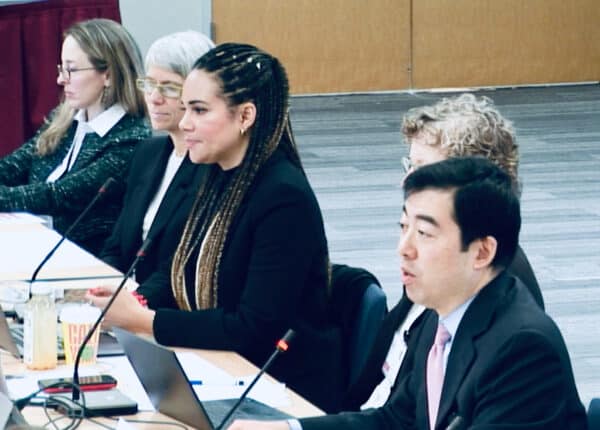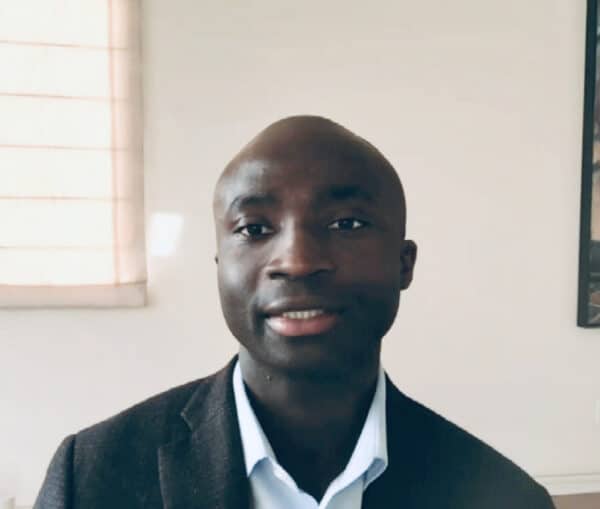Yesterday (February 27, 2024), the Securities and Exchange Commission (SEC), Small Business Capital Formation Advisory Committee (SBCFAC), met to discuss several issues of importance that impact early-stage firms. Perhaps the most pressing issue is the definition of an Accredited Investor – a rule the Commission wants to change. While the Committee is open to some changes, it is probably not in the way Commission leadership may like. The Committee is expected to issue a statement in the coming weeks telling the Commission not to raise the wealth hurdles that determine who is deemed to be accredited.
Currently, the definition is mainly based on a wealth metric. To be deemed Accredited, you must earn over $200,000 a year or have a net worth of over $1 million (not counting your primary residence). If you are married, the income hurdle is $300,000. Yet, as everyone knows, a large bank account is not necessarily the best metric to measure someone’s sophistication or capacity to participate in a private securities offering.
Changing Reg D and a change to the definition of an Accredited Investor has been near the top of the list of the SEC’s Agenda under Chairman Gary Gensler since the beginning of his tenure.
At the beginning of the meeting, Commissioner Mark Uyeda, a supporter of broadening the definition and making it more inclusive, asked the Committee not to be “restricted by the past,” as this assumes it was the correct approach in 1982 when the rule was established.
Uyeda told the SBCFAC that the current definition assumes net worth and annual income are appropriate metrics to gauge an individual’s ability to invest in private offerings, but this may not be the case:
“Formulate your recommendations from a blank canvas and do not be tied by decisions made over forty years ago,” said Uyeda. He added that any regulatory approach should be guided by opportunity and NOT government paternalism.
“… the government deciding who can and cannot invest, may ultimately harm the exact persons who it is trying to protect. The harms include depriving individuals from accumulating wealth, reducing opportunities for risk diversification, and furthering economic inequality. This harm may have a disproportionate impact on Black and Hispanic investors, younger investors, and investors in rural areas. Reducing opportunities to invest in private offerings may make it more difficult for entrepreneurs to obtain early-stage financing. Remember to consider the opportunities lost with a paternalistic approach,” explained Commissioner Uyeda.
Commissioner Hester Peirce once again voiced her support for broadening the definition and allowing more individuals to have the choice of participating in these private securities offerings. Peirce said that changing the accredited investor definition in a way that would prohibit more people from supporting early-stage firms could devastate this sector of the economy. Peirce pointed to the right of an individual to decide how they invest their money as opposed to prohibiting an individual due to some misdirected concept that the government knows better.
During the discussion held by the Committee, it was clear the majority supported an expansion of the definition of an Accredited Investor. Only a couple of voices were of the opinion the definition should become more restrictive and less inclusive.
Vincent Cordero, co-CEO of Mucho Mas Media, caught the sentiment of the group, stating, “We want to broaden not restrict those investors that can participate in the American dream,” adding that the framework should be structured to trust people to make decisions for themselves. He said there should be no increase to the wealth thresholds, nor should they be indexed for inflation. He noted there is “no upside without risk” – a truism everyone should understand.
Wemimo Abbey, co-founder and CEO of Esusu, shared his personal experience of raising money for his startup. He explained there were a lot of non-accredited investors that backed his company with small amounts, and today, these people are millionaires.
“We should not limit the ability of folks to get opportunities in companies like us,” he said.
In the end, the Committee decided to support the following approach to the definition of an Accredited Investor:
- Do not raise the current thresholds, and do not adjust for inflation going forward.
- Advocate for a risk awareness and an education statement on these private securities offerings.
- If an individual does not meet the current wealth thresholds, they will still be able to participate in a Reg D private securities offering up to 5% of their income or net worth, whichever is greater.
The final wording may differ as some details remain to be discussed. There was a question as to whether there should be any investment cap if an investor passes a test. In any event, Committee recommendations should arrive in a letter addressed to the Commission in the coming weeks or months.
As for what the SEC will do, if the past is any indicator, the Commission will ignore the Committee’s recommendations and do what it wants. This is notwithstanding the fact there is bipartisan legislation in Congress that aims to expand access to these private securities offerings, and sequential iterations of the SBCFAC have called for broadening the definition. Members of both parties want to broaden the definition.
For whatever reason, the Commission, under the leadership of Chairman Gensler, has sought to make offerings under Reg D more rigorous and the participation in these securities offerings more exclusive, channeling these opportunities to people who are already rich.



